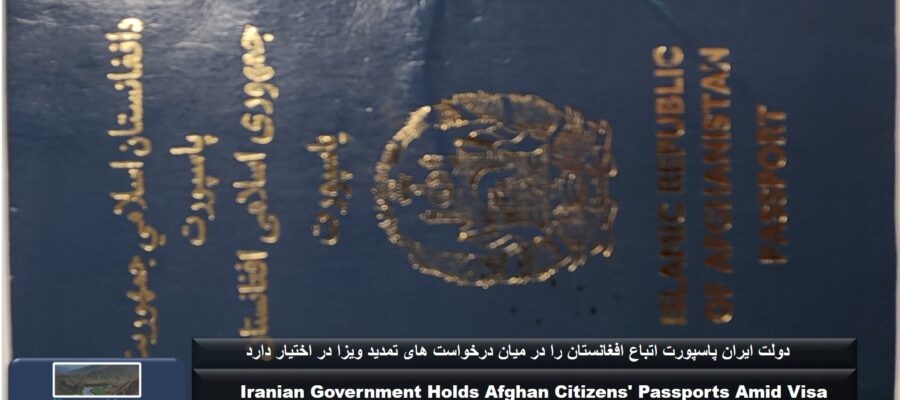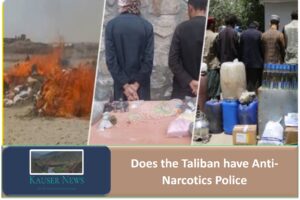The Iranian government’s recent decision to hold the passports of Afghan citizens seeking visa extensions has sparked concern and drawn attention to the plight of thousands caught in bureaucratic limbo. Reports indicate that over 25,000 Afghan nationals, who have applied to extend their visas in Iran, are facing the distressing reality of having their passports withheld by the Iranian authorities, specifically the Ministry of Foreign Affairs.
This move has raised questions about the treatment of Afghan migrants and refugees in Iran and the broader issue of immigration policies in the region. Understanding the context behind this decision is crucial in grasping its implications for the affected individuals and the diplomatic relations between Iran and Afghanistan.
Iran has long been a destination for Afghan migrants seeking better economic opportunities and fleeing conflict and instability in their homeland. Over the years, millions have crossed the border into Iran, with many settling in the country as refugees or undocumented migrants. While some have been able to obtain legal status and work permits, others continue to live in the shadows, vulnerable to exploitation and deportation.
The recent decision to hold Afghan citizens’ passports appears to be linked to Iran’s efforts to manage its foreign population and regulate immigration flows. By retaining passports during visa extension processes, the Iranian government may aim to exert greater control over migrants’ movements and ensure compliance with immigration laws. However, this approach has raised concerns about the rights and freedoms of individuals caught in the process.
For the thousands of Afghans affected by this policy, the consequences are dire. Without their passports, they face uncertainty regarding their legal status, employment prospects, and ability to travel within Iran or return to Afghanistan. Many are left in a state of limbo, unable to assert their rights or plan for their futures, while their livelihoods hang in the balance.
Moreover, the withholding of passports raises broader human rights concerns, including the right to freedom of movement and the right to seek asylum. Afghan citizens seeking refuge or protection in Iran may find themselves trapped in a bureaucratic maze, unable to access essential services or legal assistance. This situation underscores the need for greater transparency and accountability in immigration procedures and the protection of migrants’ rights.
From a diplomatic standpoint, the Iranian government’s actions may strain its relations with Afghanistan and other neighboring countries. The withholding of passports could be perceived as a violation of international norms and conventions governing the treatment of refugees and migrants. It may also hinder efforts to foster cooperation on migration management and regional stability.
In response to the growing outcry, human rights organizations and advocacy groups have called for immediate action to address the plight of Afghan citizens affected by the passport retention policy. They urge the Iranian government to uphold its obligations under international law and ensure that migrants’ rights are respected and protected.
In conclusion, the Iranian government’s decision to hold Afghan citizens’ passports amid visa extension requests highlights the challenges faced by migrants and refugees in the region. It underscores the need for comprehensive immigration policies that balance security concerns with respect for human rights and dignity. As the international community grapples with ongoing migration crises, solidarity and cooperation are essential in addressing the root causes and alleviating the suffering of vulnerable populations.




